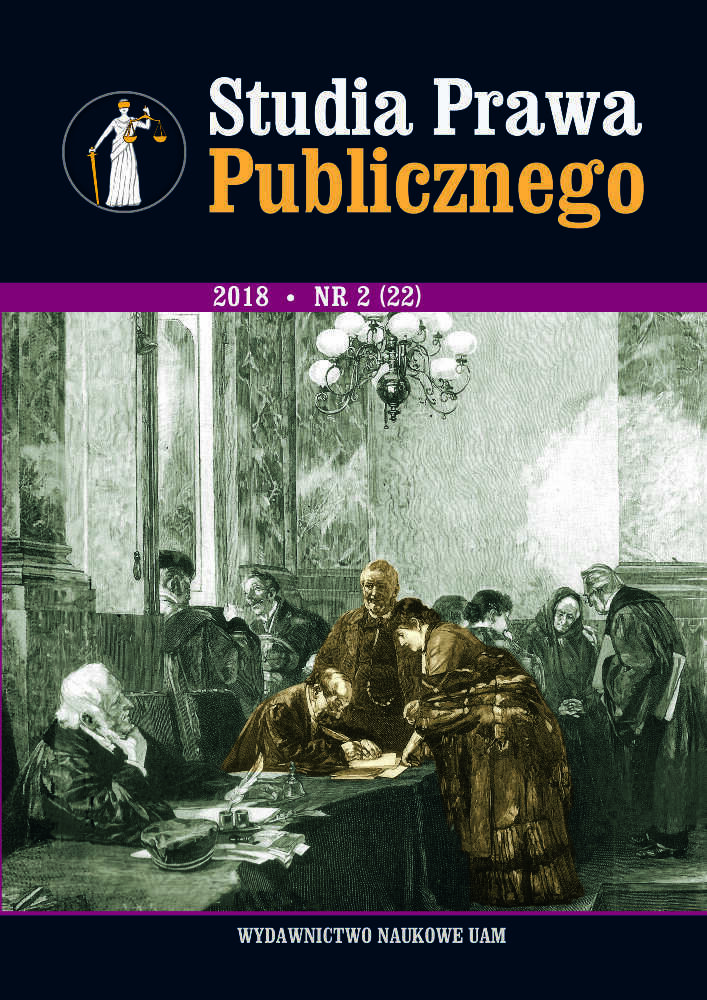Abstract
The paper deals with internal conflicts, their internationalisation and a hybrid war. In the 1990s many military conflicts could have been regarded as domestic conflicts or internationalised internal conflicts. According to the authors internationalised internal conflicts and a hybrid war have much in common. The purpose of the paper is to compare and confront distinctive characteristics of internationalised internal conflicts with the model of hybrid war. The authors scrutinize definitions of an internal, domestic conflict and a hybrid war, and the possibilities and likelihood of their occurrence. Finally the issue is analysed in terms of international public law. ‘Hybrid war’ is a term not defined in public international law. However it is commonly used not only by media and politicians, but also by academics in a sci- entific discourse. A question arises to what extent it is justified to use a term in the context of different military conflicts, like for instance the one in the East Ukraine that has been going on since 2015. Therefore it is necessary to explain what the term ‘hybrid war’ means. In order to do so, it is necessary to try to define the term. Its distinctive characteristics must be indicated. Then, many military conflicts will be analysed to determine whether they satisfy the requirements for qualifying them as a ‘hybrid war’ or an internationalised internal conflict. The research leads to a conclusion that an internationalised internal conflict gives many opportunities for applying to it methods characteristic of a hybrid war. In the course of an internationalised internal conflict there are many ways in which the aggressor can evade international liability and the authors attempt to answer how to prevent this.License
Copyright (c) 2019 Paweł Ochmann, Jakub Wojas

This work is licensed under a Creative Commons Attribution-NonCommercial-NoDerivatives 4.0 International License.
